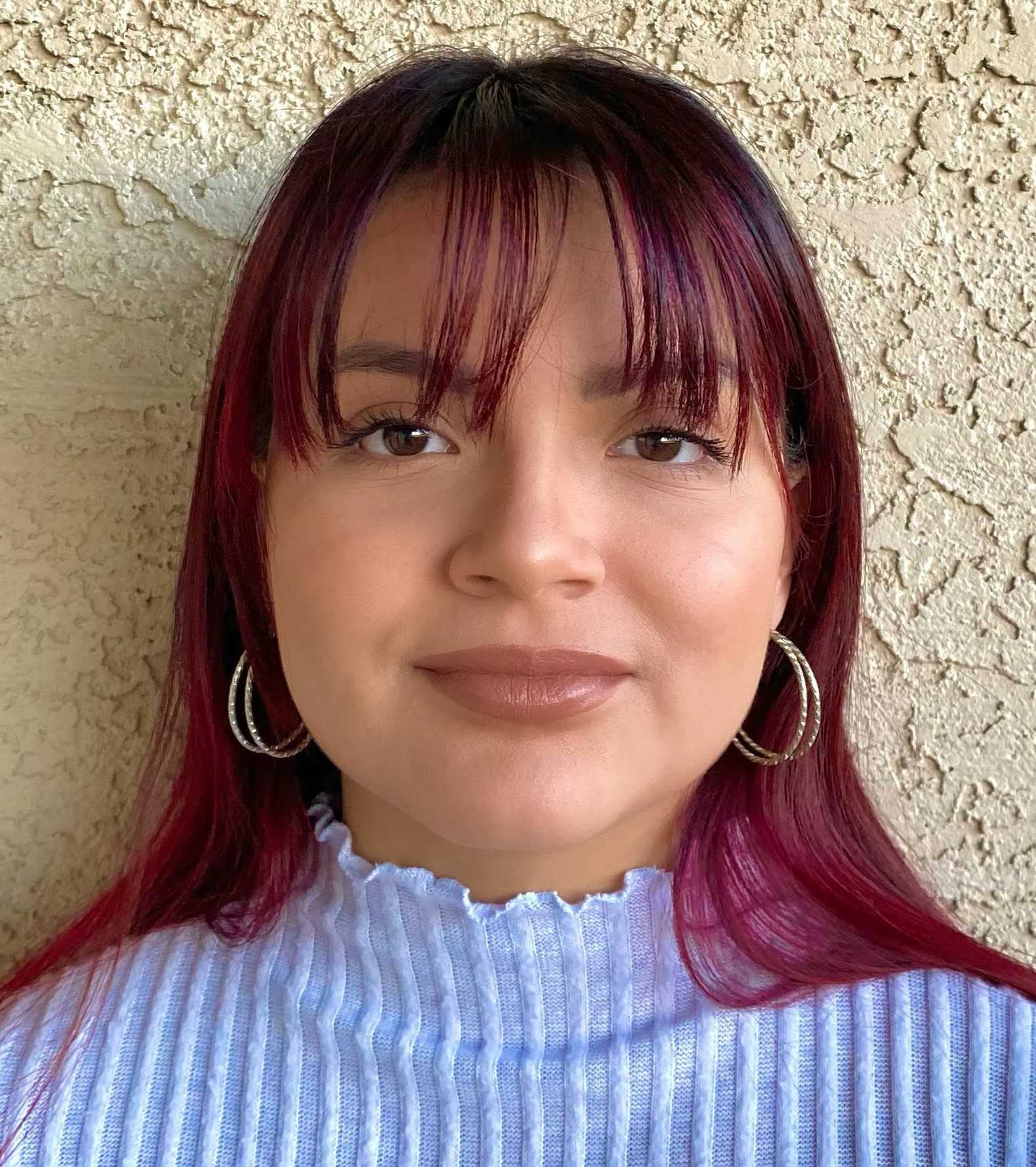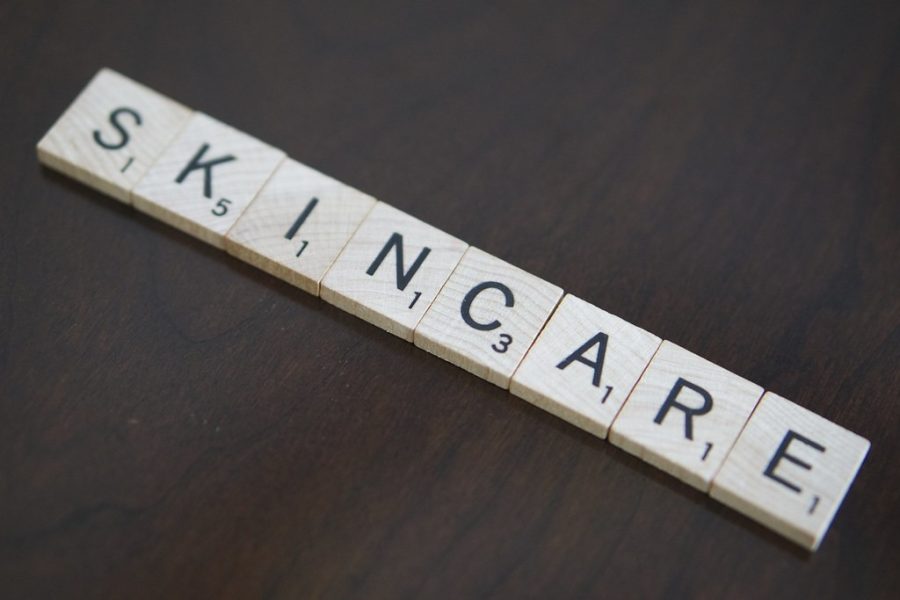Let’s talk about skincare. Whether it’s a lengthy, expensive 12-step process or 30 seconds at the sink with a bar of soap, everyone engages in skincare. There is no one right way to do it and genetics play as much a role as even the most comprehensive routine. Personally, I have gone through more than a few options for skincare simply due to inconsistency in trends that I followed on the internet.
While following these trends, I have learned an extremely important lesson: not everyone’s skin is the same. Just because Kylie Jenner’s $300 routine works for her face does not mean it will work for anyone else. There are far too many different skin types for any one size fits all approach to be effective. If this information is surprising to you, or if the skincare you see online isn’t working for you, don’t worry. There is a whole industry obscuring the reality about skin.
RELATED: OPINION: New Year’s resolutions stemming from toxic diet culture have to end
The biggest skincare trend I have seen personally started at the beginning of the COVID-19 pandemic. In the boring days of lockdown when social media was one of the few ways to pass the time, most of the videos that ended up on my recommendation page were about a skincare company called The Ordinary. The Ordinary advertises sleek, environmentally friendly packaging, cheap prices and effective products. The advertisements highlighted how quickly their products cleared up acne and scarring. I am a young adult and I suffer from acne and scarring like many others my age, so I thought that The Ordinary would be the perfect company for me. I did end up with less acne, but I began experiencing a number of negative side effects. I started to have rough patches of skin that would sometimes break and start to bleed if I smiled too wide. I also had bad reactions to products that had always worked for me before. My face would get extremely red and it regularly felt like I was pouring alcohol on my wounds when I was simply putting on moisturizer. It got ridiculously bad, and I was unable to see a dermatologist due to the pandemic.
At this point, I was desperate. I started to research what could possibly be happening to my face. When scouring the internet, I found that I was not the only person having an adverse reaction to skincare. Many people just like me were getting similar or worse reactions from the products that we were using. Some people were getting blisters, more acne and some even got chemical burns that will forever leave their skin sensitive and damaged. The only way that I was able to recover from my blisters was a new, simple skincare routine made specifically for damaged skin. I did not trust myself with making the decision as to which products to use. My roommate is an aesthetician, and she examined my skin and gave me advice that saved me from more potential harm. She told me that none of the products I was using should burn. If a product was burning, it was damaging my skin. This is in spite of the fact that videos advertising the product said that burning was a sign it was working.
So, this got me wondering: if skin products like these can cause wounds and other extreme reactions, why are they not regulated by the U.S. Food and Drug Administration?
The reason they are not regulated is because the law does not require cosmetics to be approved by the FDA. This is outrageous.
RELATED: FDA issues emergency use authorization for first over-the-counter coronavirus test
Skincare products escape regulation because they are considered cosmetics, like makeup. This categorization is absurd. Cosmetics are exactly that — cosmetic. Skincare products, on the other hand, people use to help fix medical problems like acne, bruising, blisters, etc. The law has both categories grouped together with this one definition, “articles intended to be rubbed, poured, sprinkled, or sprayed on, introduced into, or otherwise applied to the human body…for cleansing, beautifying, promoting attractiveness, or altering the appearance.”
The lines are blurred and that’s dangerous. Skincare should be medicine that can help keep skin as healthy as possible. Without regulation though, companies use chemicals that the public does not generally know of and some of them can do extreme damage to the skin. This is in addition to facial scrubs that do not actually help clean the skin, that are too rough and can create micro-tears. These unregulated, mysterious products can do a lot more damage than good without anyone knowing what’s safe and what’s not. The skin isn’t just the outside of your body meant to look pretty. It’s an essential organ and the products we use on it should have the same regulation as any other medical product.
Follow Andrea on Twitter

Andrea (she/her) is a freshman law major. She likes to listen to audio books and games in her free time.









